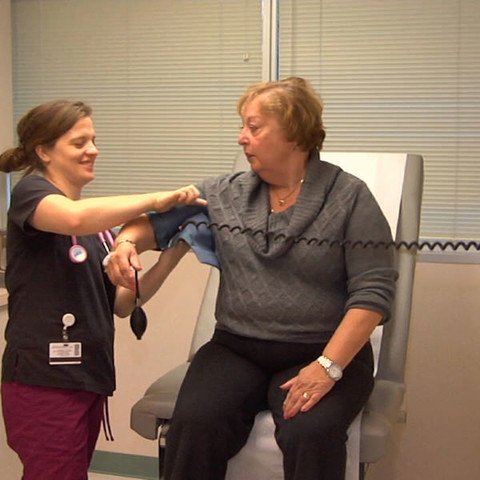Summer has officially gone. The weather is starting to get a little colder, the mornings are darker and leaves are falling from the trees. Autumn has arrived, which means the winter and flu season isn’t too far away.
According to the NHS, the flu is “a common infectious viral illness spread by coughs and sneezes.” Although people can catch the flu all year round, it becomes more common during the cold, winter months.
Doctors are warning that the United Kingdom may be in for a bad flu season, due to the fact that New Zealand and Australia have both just come out of their worst seasons for many years.
To make sure that people are prepared, we have put together a little guide on how to prevent the flu. However we must first go through some symptoms so that people know when they might be coming down with the condition.
Symptoms
The flu, otherwise known as influenza, is not the same as a common cold. It is caused by a type group of viruses, which lead to symptoms starting more suddenly. Symptoms can also be much more severe and last longer.
Some symptoms to look for include:
– General aches and pains.
– A dry, chesty cough.
– A runny or blocked nose.
– A headache.
– Tiredness.
– A sudden fever.
– Loss of appetite.
– Sneezing.
How to prevent flu
There are three main ways of preventing the flu according to the NHS. These include the vaccination, good hygiene and antiviral medication. Let’s take a look at these three ways in more depth:
The flu vaccine
The best way to prevent the flu is to get the vaccine. There is a high-dose flu vaccine for elderly people which is four times as much active ingredient than regular flu vaccines. The vaccine is also available for free on the NHS for the following people:
– Anybody aged 65 and over.
– Pregnant woman.
– Children and adults with an underlying health condition.
– Children and adults with weakened immune systems.
Autumn time is the best time to get the vaccination, preferably between the beginning of October and early November. Remember that these viruses change every year, so you need to make sure you get a shot every year.
Good hygiene
To reduce the risk of catching the flu, or spreading it to others, practicing good hygiene is strongly advised. Be sure to wash your hands after each meal, bathroom visit and frequently through the day. Germs are easily passed from person to person through touching handles and other people.
Keeping surfaces clean and wiping household objects like the telephone will help reduce the passing of germs. When sneezing or coughing cover your nose or mouth with a tissue away from other people. If you use tissues keep them in a tied up bag after using.
Antiviral medication
It is advised to take the antiviral medicines oseltamivir (Tamiflu) or zanamivir (Relenza) in order to prevent the flu, if all of the following apply:
– There is a lot of flu around.
– You’re over 65, pregnant or have a medical condition which puts you at risk of complications. Examples include diabetes and heart disease.
– You have been in contact with someone with a flu-like illness and can start antiviral treatment within 36-48 hours.
– You have not had the vaccination or doctors think the vaccination hasn’t been effective.
Keep your distance
If you’ve recently had illness like this, keep your distance from elderly relatives, friends or patients. To prevent it spreading you may even want to put off visiting them whilst still contagious. If a member of your family has been sick you may be a carrier of the bug, so should wait until you are sure you are not contagious.
Young children often carry germs from going to school so ensure they wash their hands frequently and try not to pass on any colds to grandparents.
If you’re looking for a Telecare Alarm and need further information please visit our Contact Us page or give our team a call for free on 0800 635 7000 today.




